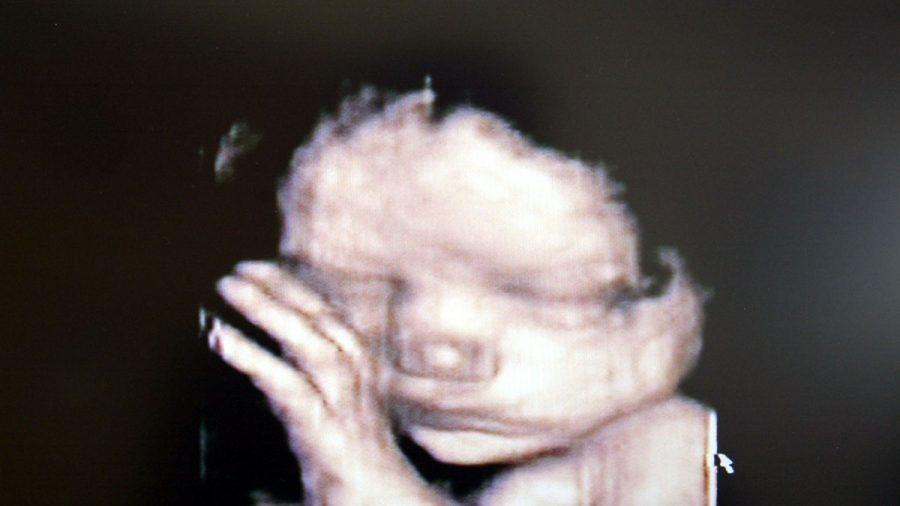A federal judge said in a Jan. 22 ruling that the “heartbeat” abortion law, which would have banned nearly all abortions after babies in the womb had a detectable heartbeat, was unconstitutional.
Michael Huppert, chief district judge in Polk County and a Drake University graduate, said that the law (pdf), which was passed in 2018, could not be enforced.





